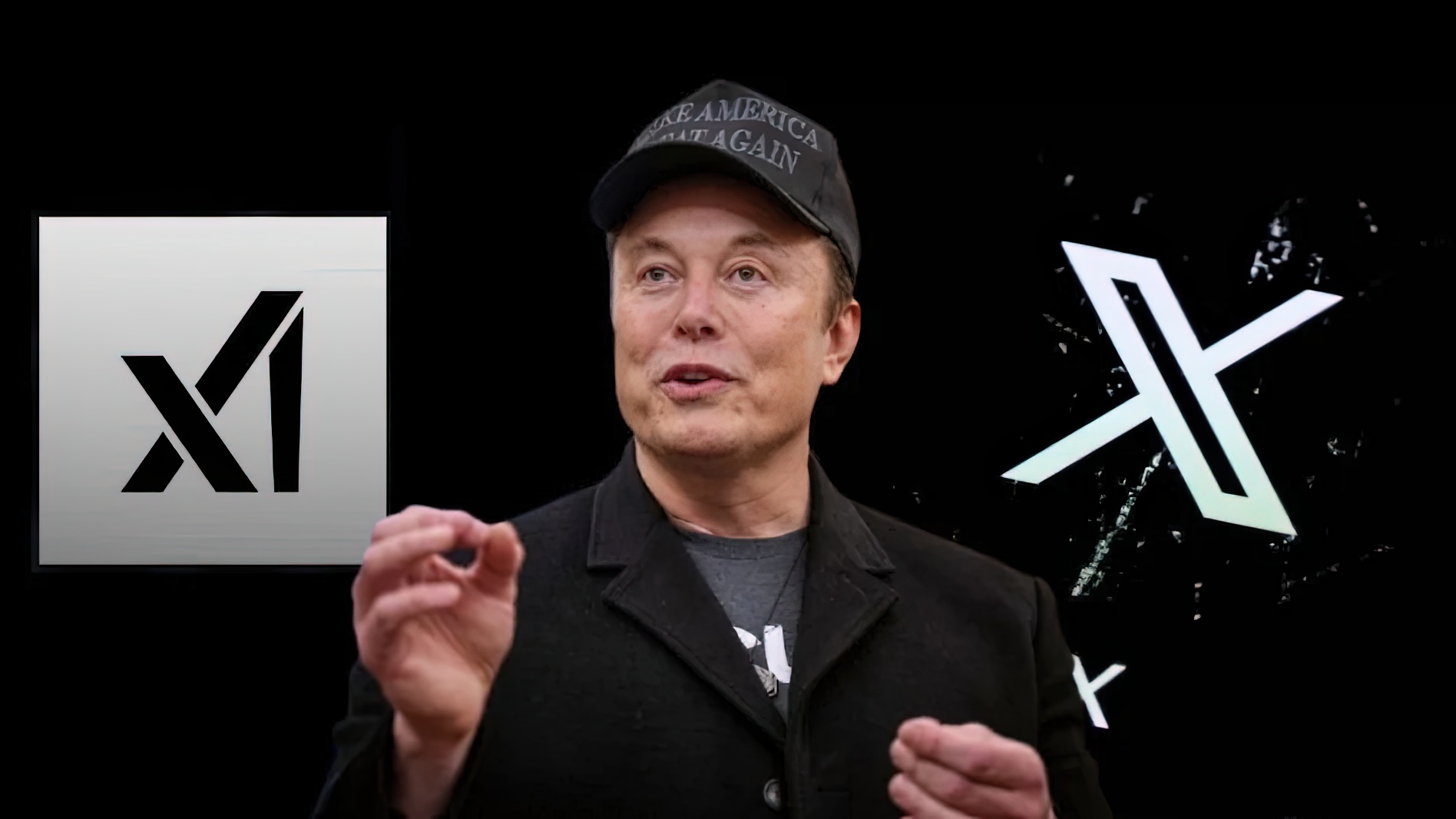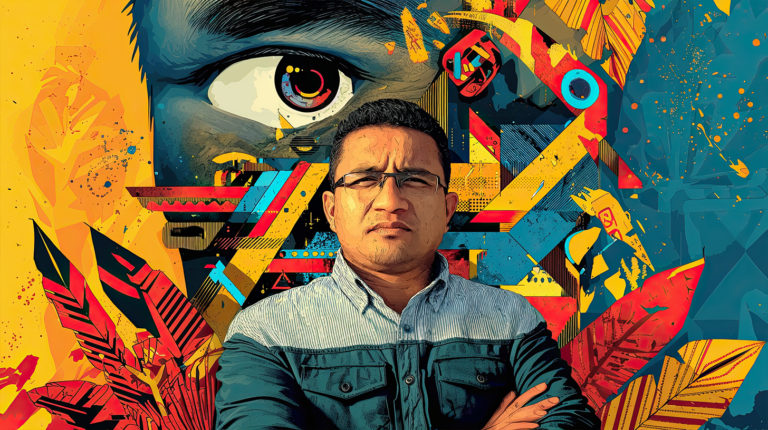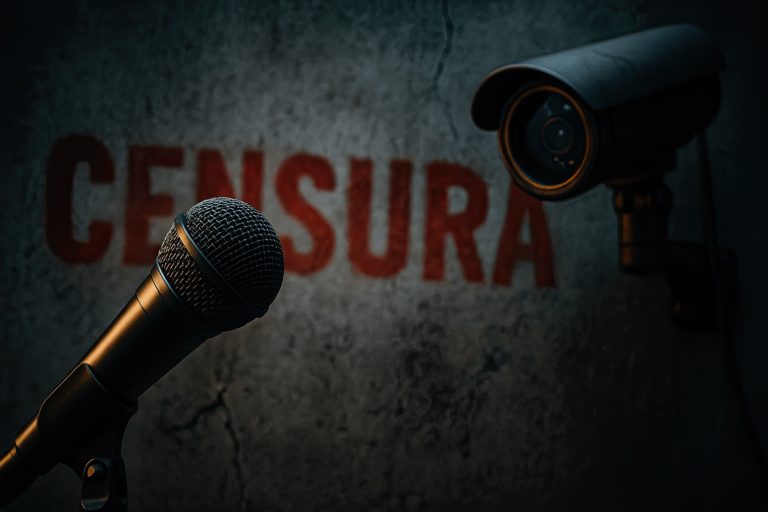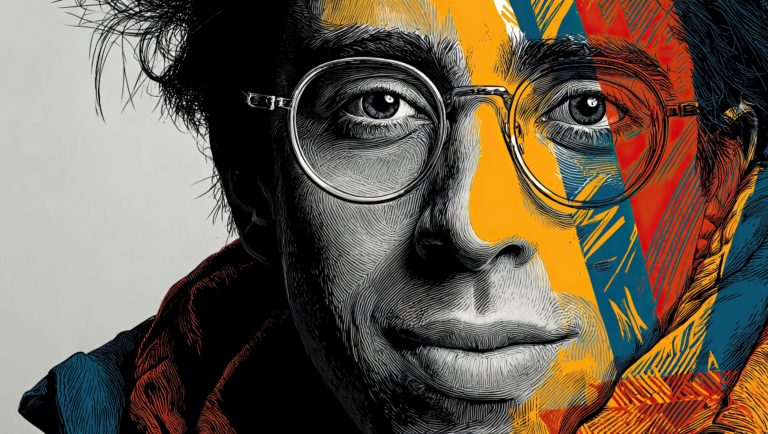WHEN ELON MUSK PRIVATISES PUBLIC OPINION
Elon Musk has just orchestrated a manoeuvre that may go down in the annals of information technology history: his start-up xAI has acquired the platform X (formerly Twitter) in an internal transaction valued at $33 billion. Behind this seemingly technical move lies a blatant seizure of global informational power by a single man. A calculated algorithmic coup with grave implications for democracy.
A SELF-DEAL THAT HIJACKS THE PUBLIC SPHERE The acquisition of X by xAI is not a merger between distinct entities but a cross-ownership operation between two companies already under Musk’s control. This financial sleight of hand, carried out with total opacity, allows the billionaire entrepreneur to tighten his grip on one of the world’s most influential platforms for public discourse — with no oversight. No antitrust authority intervened, nor was there any ethical debate around the convergence of AI and social networks.
“This move consolidates Musk’s already vast power over public discourse and AI development. It should deeply concern regulators worldwide.” – The Guardian, 27 March 2025.
X: A TESTING GROUND FOR INFORMATIONAL CHAOS Since Musk acquired Twitter in 2022, he has turned X into a ruinous battlefield. Moderation dismantled, conspiracy theorists replatformed, hate speech legitimised. The platform has become the epicentre of a global culture war, where misinformation spreads faster than facts.
A Stanford University study (Feb 2024) found that the most viral accounts on X since the Musk takeover are “three times more likely to share misleading or unverified content” compared to the previous administration. In this context, the xAI acquisition is anything but trivial: it grants Musk’s AI project access to an enormous trove of raw, polarised and often toxic data — entirely unregulated.
xAI: AN INTELLIGENCE TRAINED ON ONE MAN’S IDEOLOGY xAI claims to be building a “truth-seeking AI”. In truth, it seeks to model global opinion through the lens of Elon Musk’s biases. Trends, emotions, discussions — all become training fodder for a machine supposedly designed to “understand reality”. But whose reality? That of a techno-libertarian who sees democracy as a hindrance to innovation. That of a messianic CEO who believes truth can be reduced to code. This is not innovation — it’s social engineering.
“Musk’s conception of a ‘truth-seeking AI’ is fundamentally flawed. It mirrors his own ideological lens more than any objective standard.” – MIT Technology Review, 20 March 2025.
USERS REDUCED TO RAW CAPITALIST MATERIAL With this acquisition, every interaction on X — tweets, likes, private messages, behavioural data — becomes exploitable property of xAI. Users are no longer citizens of a public square, but raw input for a planetary-scale algorithmic experiment. No genuine consent. No clear legal framework. Pure data extraction — like in the colonial age.
Mozilla Foundation warned back in 2023: “The transformation of Twitter into X signals a shift towards unchecked data extraction with no democratic safeguards.”
TOWARDS A POPULIST, MILITARISED AI? The greatest danger lies in the combination of this socially-charged AI with Musk’s political impulses. By controlling content production, dissemination, and interpretation, Musk now lays the groundwork for a full-scale cognitive regime. An AI that understands public frustration only to turn it against institutions, minorities, and the very foundations of critical reason. An AI that flatters the people — but ultimately serves the elites.
“This level of informational power concentration in the hands of a single individual is unprecedented in modern history.” – Shoshana Zuboff, Harvard Business School, interview in Der Spiegel, March 2025.
A BATTLEFIELD FOR OUR MENTAL LIBERTY This is not just a tech merger. It is the privatisation of our collective mind. Musk is leveraging his fortune and fame to reshape the global information ecosystem in his own image: chaotic, provocative, cynical. The xAI/X merger is a blaring alarm bell. It’s time to resist, to draw boundaries, to reclaim democratic control over digital power. Because what’s at stake is not just the future of the internet — it’s the future of free thought itself…
G.S.






